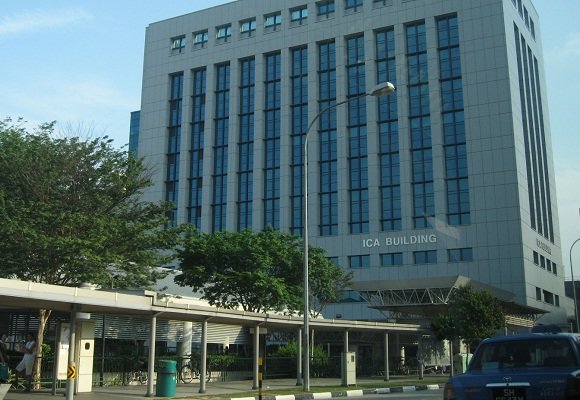Jeremy Chen

Immigration & Checkpoint Authority of Singapore
I recently read a lament on how the PR system has been abused (“Stop PRs from Gaming the System”, The Online Citizen, 25 Nov 2011). Much anger has been generated recently by this aged and imperfect institution and I would like to offer some ideas on reforming Permanent Residency.
I take it as a fact that Singapore needs skilled workers and talented individuals from various fields. In order to make terms attractive for these individuals, they should be granted privileges similar to those Singaporeans enjoy. To me, it should not matter even if they skip out on NS. We do not need them to learn how to dig holes in the ground and fill them back up. Rather, we need them to contribute maximally. From this point of view, I would rather have freshman PAP MP Janil Puthucheary spending “the last 10 years saving kids’ lives” as opposed to spending the last 7.5 years saving kids’ lives and 2.5 years certifying the MCs of reasonably healthy NSFs.
The problem with the present implementation of the PR system is that there is a failure to verify. I, as a technical elitist, would argue that many PRs do not fit the description of “skilled workers” or “talented individuals”. My standards are high in this respect as they are for judging technical capability. I believe that Singapore should grow in a controlled manner, taking in only those who advance our interests.
Verification cannot be entrusted to a central organization except as a rubber stamp to credible nominations. This is so clear and uncontroversial as to not require explicit supporting arguments. I believe that “enlightened self-interest” is the key to the verification of capability or talent. In particular, the “free market” will be able to judge effectively whether a potential PR can contribute sufficiently. Firms can, and will, put a dollar value on the benefit that an individual can generate. It is on this firm bedrock of rational self-interest that I propose we build our PR system.
Firms (private sector or public sector) should sponsor the Permanent Residency of their foreign staff, and those who are not deemed able to contribute should lose their PR status. Sponsorship of Permanent Residency should be expensive enough to provide a clear signal that the firm values the contribution of a PR. (For instance, it might cost, annually, some large fixed sum and plus some fixed percentage of the PR’s total annual compensation.) As such, on top of a firm having to offer an attractive enough compensation (along with the promise of PR status) to attract talented foreign staff, it also has to pay a premium to certify its esteem of the capabilities of its foreign staff. This, to me, is credible verification.
Perhaps after at least 5 years of Permanent Residency, a PR might apply for citizenship contingent on continued sponsorship as a PR for a period of time (like 3 months). PRs, whose capabilities would have been credibly certified by then, would find it attractive to take it up at that point. Their employer might offer them a pay raise corresponding to a portion of what it formerly spent to certify them as skilled or talented individuals. A higher compensation package would be a material inducement. If they do not accept citizenship, they are welcome to remain PRs so long as they remain sponsored by some firm.
It is interesting how going back to fundamentals has brought us to a system like the employment pass. I believe that the intent behind that policy was also the desire to have a credible signal. Unfortunately, the signals that the Ministry of Manpower decided on were less than credible as salary paybacks were used as a tool to game that system, which should also be corrected.
I would like to close by emphasizing that the privileges associated with being a PR should be attractive, but Permanent Residency should be a costly employment perk that firms offer to their foreign employees. The willingness to incur a high economic cost is a credible signal of the expectation to reap an even higher gain.
Only credible signals should be used in the award of privileges like those of Permanent Residency. Economic signals like the aforementioned might be the default, but the judgment of eminent (not just qualified) figures in the relevant disciplines should be accepted as credible signals as well. All in all: credible signals, credible signals, credible signals.
—
Photo courtesy of Terence Ong, Wikimedia Commons

